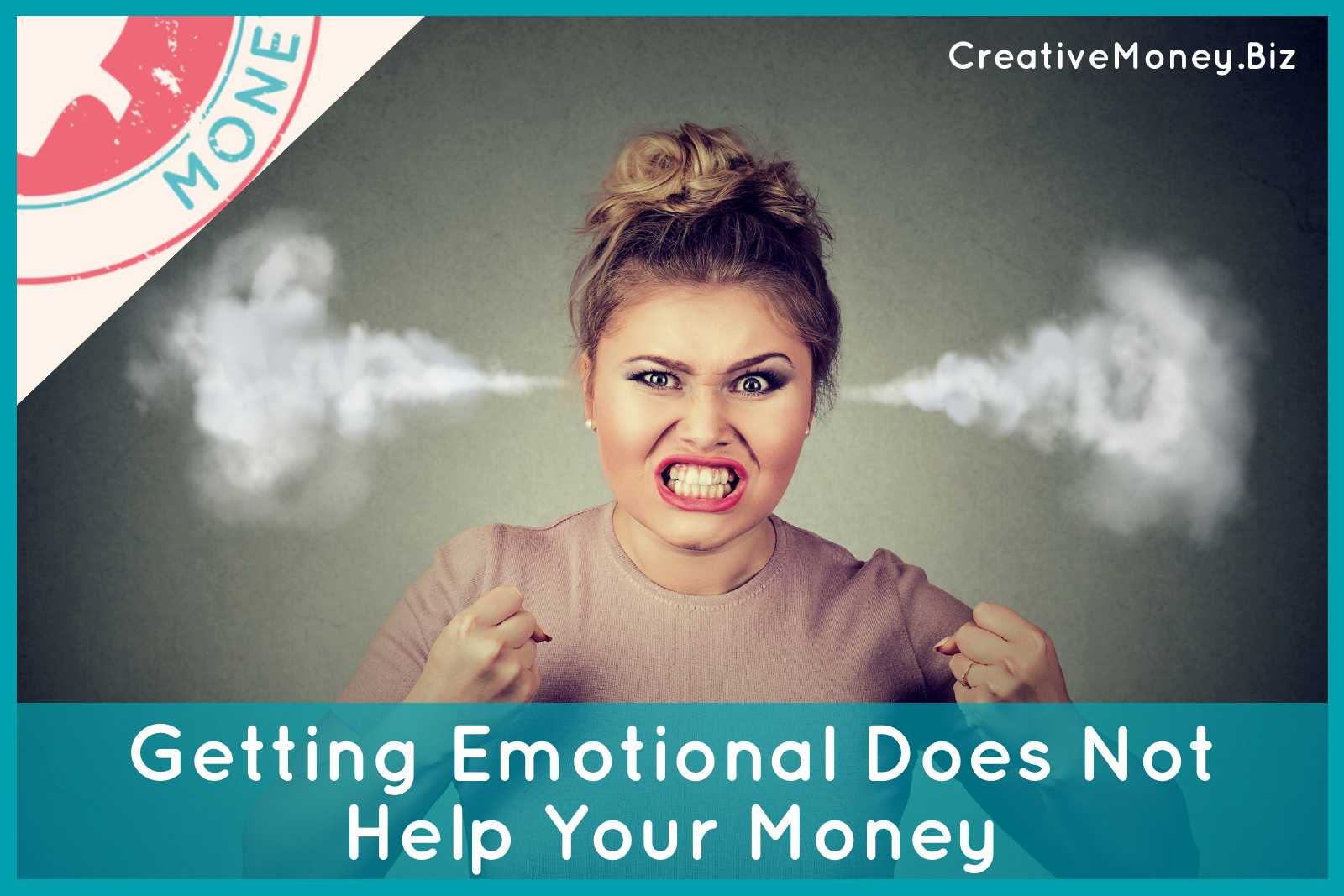 A while ago, I had a prospect say to me, “Mindy, this service is not cheap. Are you sure this will be worth it for me?”
A while ago, I had a prospect say to me, “Mindy, this service is not cheap. Are you sure this will be worth it for me?”
Honestly? Not at all… I can’t promise any kind of particular results when someone works with me on their personal finances, mostly because I’m not their mother and not ensuring that they implement all the advice I give! All I ever promise is clarity to take action.
In the best possible scenario, a ~$2,000 decision to work with me (or not) doesn’t break you. In fact, in a perfect situation, you can actually WASTE $2,000 and it doesn’t put you in dire financial straits. You can come out the other side of a $2,000 decision and like or not like the result — but that there wasn’t so much sunk into that decision that you’re let down either way.
This is what it looks like to NOT get emotional about your money. Whenever someone asks me a question like this, I get the feeling that they have so much riding on it, and the angst surrounding their money, that there is no way they are going to be happy on the other side.
Being emotional about your money means that the money controls you. The money is in charge. The state of your bank account, or the outcome of a financial decision, dictates how you will feel about yourself and your self-worth — and… Click To TweetWhat it means to be emotional about your money
Being emotional about your money means that the money controls you. The money is in charge. The state of your bank account, or the outcome of a financial decision, dictates how you will feel about yourself and your self-worth — and that’s just not right.
You can’t put a dollar amount on your value as a human being. It means that you are so emotionally attached to the outcome of what you do with your money that it clouds rational judgment. It’s about your attitude toward money and spending it.
Say, for instance, two girlfriends go shopping, and they both need a new white t-shirt. They find some that seem perfect on sale for $25 each. Three months and 15 washes later, both t-shirts have fallen apart. One gal calls her friend to commiserate. Because she is at the mercy of her money, she is livid. She can’t believe she dropped that much money on a plain white tee shirt in the first place when she can get a six-pack of them at Walmart for that much, and she’s considering writing a nasty letter to the manufacturer. Her friend, on the other hand, thinks maybe she should buy a higher quality shirt the next time, but she only paid $1.67 per wear for this one, so it’s no big deal.
The difference here is that the second lady is not at the mercy of her money. She can look at the situation objectively, decide what she did wrong, what she did right, and move on. The first friend is so caught up in the emotional stories she tells herself about money that she’s investing way too much time and energy trying to get some mythical value out of her purchase — when in reality, she could have had the t-shirt for three years before it fell apart and she would still think she’d been ripped off. It’s not about the tee shirt; it’s about her relationship to her money.
Ending an abusive relationship with money
You commit to consistency. Small consistent action and behavior over sweeping, dramatic solutions, and ideas.
I compare it to my commitment to Orange Theory. This helps me not be emotional about my health. I try to go three times per week. I pay a monthly fee regardless of how often I go — which is a great deal if I go 3 times per week or more, a crappy deal if I go 0–2 times per week.
For me, to reinforce my commitment I MUST pay the monthly fee. I know how I get off track with exercise, and for exercise to be non-negotiable for me, I have to commit. This doesn’t mean I am perfect all of the time and that I don’t get thrown off track. But by making a solid commitment, I am not at the mercy of my environment or my feelings.
What is the commitment you need to make to your finances in order to NOT be emotional about your money?
- Maybe it’s a time commitment, to putting in the work to understand and feel comfortable with your personal finances.
- Maybe it’s a monetary commitment, paying a financial advisor or coach to help you make progress.
- Maybe it’s a commitment to having a certain dollar amount in savings at all times — or a certain dollar amount that you spend frivolously in order to feel happy, comfortable, and safe.
The first step is to understand your financial values and then see where money and financial issues have more power over you than you want them to have. If you think your money might have more control over you than it should, take the first step and download some of my free resources to work through some exercises. It’s a big eye-opener and a solid first step toward understanding and embracing your financial reality and plan.







